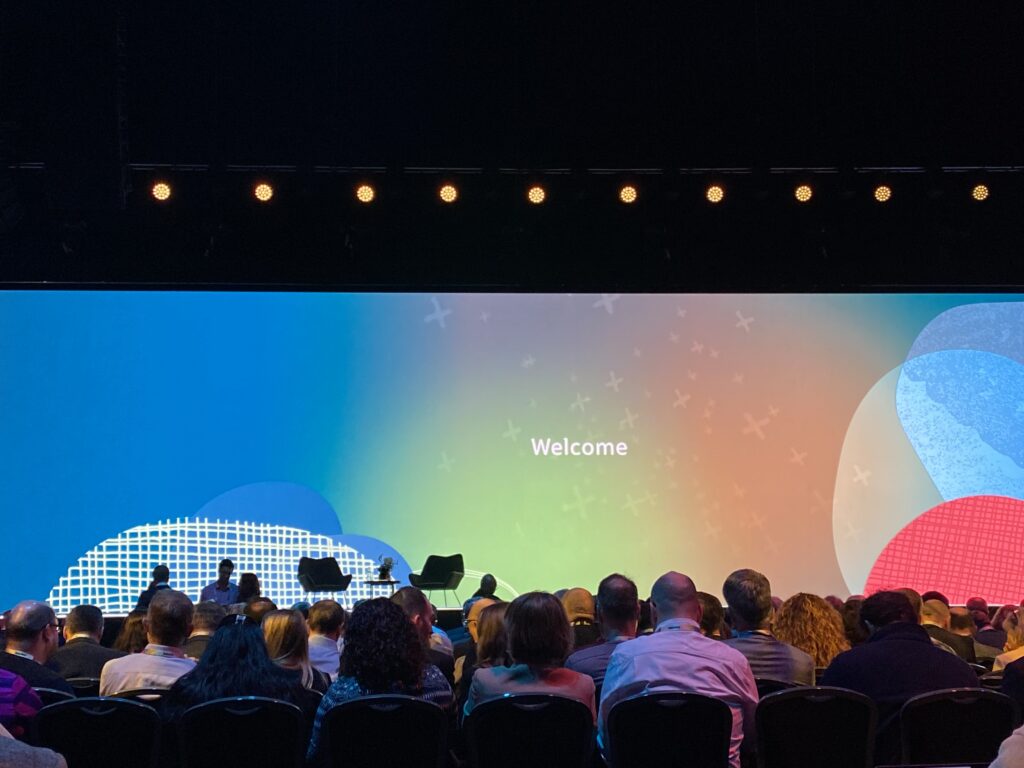While it can be easy to get caught up in wanting to integrate the latest and greatest in cloud-enhanced automation technology – knowing exactly when to implement and integrate that technology can determine how much value a business can yield from it.
ERP Today sat down with Rimini Street’s Frank Reneke, GVP and PMM of Oracle Applications and Technology, and Ryan Bendana, senior director of Global License & Advisory Services to discuss this integral part of a transformation journey and what Rimini Street’s Smart Path can do to help firms get a clearer picture of their future.
Embracing technology to create a competitive advantage is a natural stepping stone for any evolving firm, and is typically encouraged by enterprise software providers. Reneke was quick to point out how licensees will be encouraged to upgrade to the “latest and greatest functionality or move licenses to a subscription or cloud-based software program to make the most of the upcoming AI and ML capabilities.”
Despite the push for enterprise tech upgrades, Reneke points out that “70 percent of the recently implemented ERP initiatives failed to meet their original business use case end goal. We need to create a better plan for IT,” bringing attention to how a lack of understanding of IT capabilities could hinder software effectiveness.
It seems that some firms are fully aware of this factor, with some businesses thinking it unnecessary to change any mission-critical systems, “when such systems are perfectly stable and doing exactly the job they were designed to do,” explained Bendana. “Typically extending the life of your current ERP system, such as EBS, can help you avoid expensive and potentially unnecessary upgrades while maximizing the value and current software assets you’ve already invested in.”
Reneke and Bendana both emphasized the Rimini Street point of view: vendor-imposed technology roadmaps should have no place in dictating a firm’s enterprise application business strategy. “You should be looking to create an outcomes-based roadmap; what we call a Smart Path – to plan and actually achieve transformation,” Reneke said. Rimini Street’s Smart Path is a strategy that can leverage third-party support services to help maintain a firm’s existing apps, while also helping create a competitive advantage at an organization’s own pace.
“Rimini Street’s Smart Path is focused on shifting to more of a variable cost model, where you only pay for what you need to ensure maximum value,” Bendana said. He explained how the money saved can then be used “to reinvest in the things that matter most,” while also shedding light on how an ERP upgrade can be an all-encompassing, time-consuming affair that could ultimately be installing software that a business may not ever have need of. A variable cost model can save firms money as they pick and choose what capabilities to pay for.
The issue of cost is a universal concern, and needing to spend even more money to upgrade legacy systems is potentially one of the biggest money sinks in the enterprise software sphere.
“It just doesn’t make sense that the only way to get some relief in the increasing technical support costs, is to spend even more money,” lamented Reneke. “And it doesn’t solve your challenges or create an opportunity for you to tackle some of the initiatives you have in your own business.”
Despite the apprehension around upgrading at an optimal time, Bendana pointed out how Rimini Street were not trying to discourage organizations from transformation to the cloud, but rather helping firms realize what business roadmap is most suitable without the threat of an imminent software update influencing decisions. “We’re focused on helping organizations find their Smart Path,” Bendana said.
“We take the time to understand our client’s goals,” added Reneke. “With our team of experts we provide our clients with an upgrade path that works with their timeline, while also identifying any potential issues and roadblocks that can undermine their ability to get there.”




